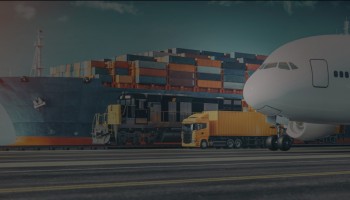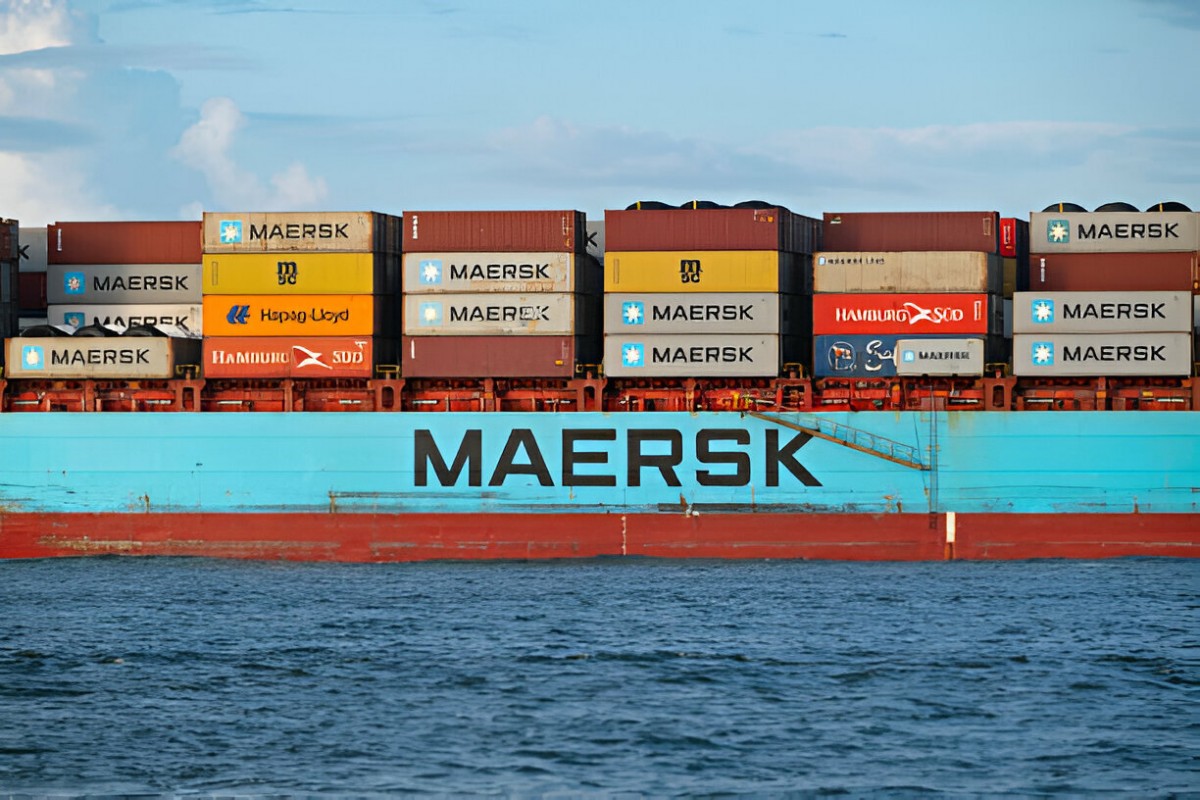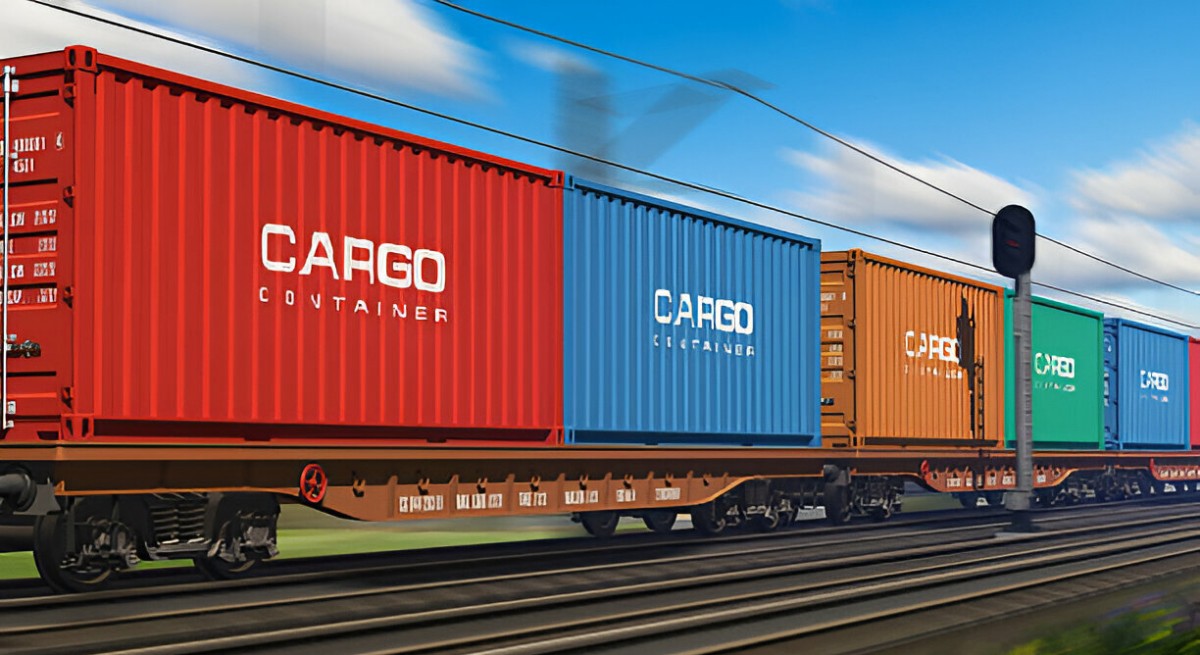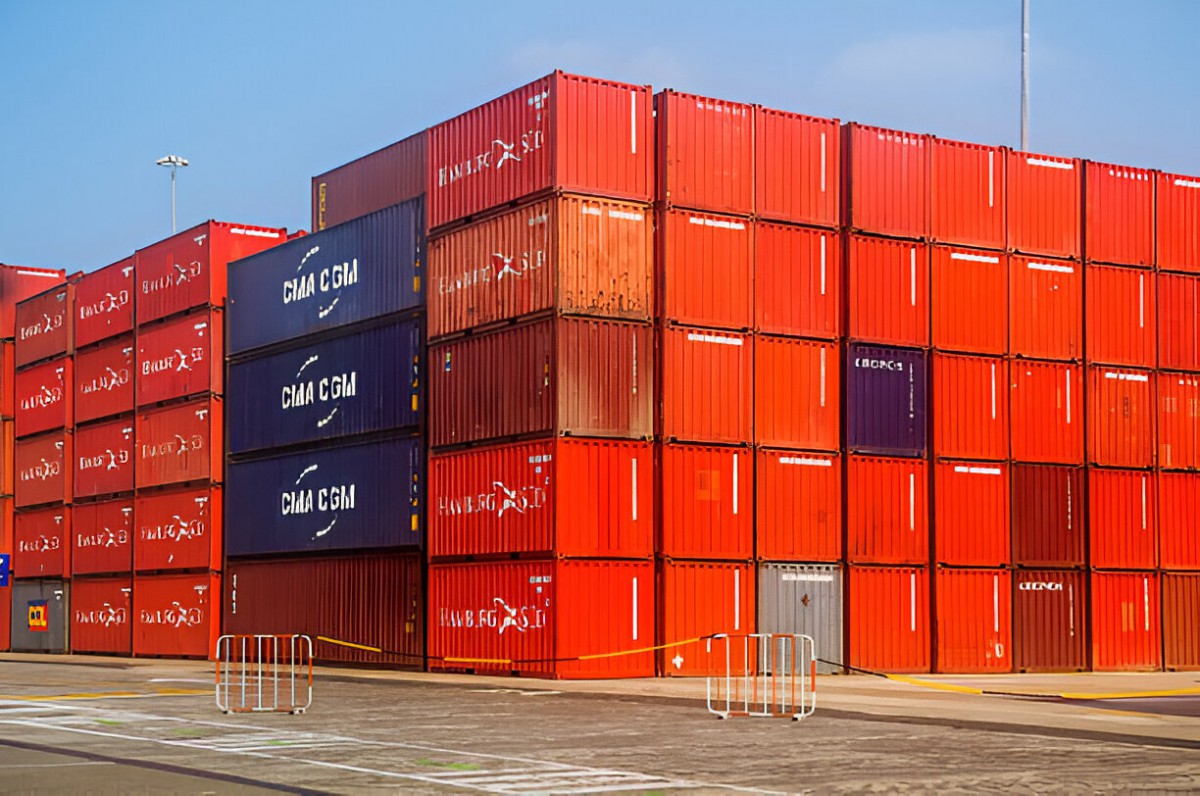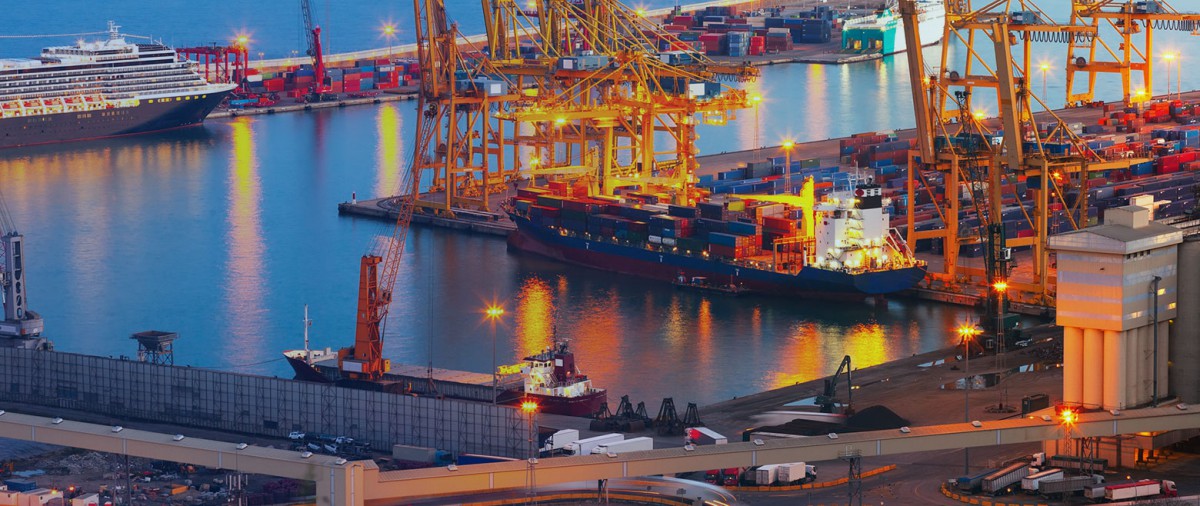This section focuses on providing expert guidance to clients in various aspects of shipping, logistics, and supply chain management. The goal is to optimize operations, reduce costs, and ensure compliance with industry regulations. Below are the key components:
- Analysis of Shipping Costs: Conducting thorough assessments of current shipping practices to identify inefficiencies and areas for cost savings.
- Rate Negotiation: Leveraging industry relationships to negotiate better rates with carriers and freight forwarders, ensuring clients benefit from competitive pricing.
- Mode Selection: Advising on the most cost-effective modes of transport (air, sea, rail, truck) based on cargo type, urgency, and budget, helping clients make informed decisions.
- Consolidation Strategies: Implementing freight consolidation strategies that combine multiple shipments into one, reducing overall transportation costs and optimizing load capacity.
- Regulatory Guidance: Offering expert advice on international trade regulations, tariffs, and compliance requirements to ensure that clients adhere to local and international laws.
- Documentation Review: Assisting clients in preparing and reviewing necessary shipping documents (e.g., invoices, bills of lading, customs declarations) to prevent delays and legal issues.
- Import/Export Compliance Audits: Conducting audits of clients' import and export activities to identify potential compliance gaps and provide recommendations for improvement.
- Training and Workshops: Providing training sessions for staff on compliance practices, customs regulations, and best practices in documentation and reporting.
- Supply Chain Analysis: Evaluating the entire supply chain process, from procurement to delivery, to identify bottlenecks and inefficiencies.
- Route Optimization: Utilizing software and analytical tools to determine the most efficient transportation routes, taking into account factors like distance, traffic patterns, and fuel costs.
- Demand Forecasting: Offering insights into demand trends based on market analysis, helping clients to better manage inventory and reduce excess stock or stockouts.
- Technology Integration: Advising clients on the integration of logistics technologies (such as Transportation Management Systems and Warehouse Management Systems) to streamline operations and improve visibility.
- Risk Assessment: Conducting thorough assessments of potential risks within the supply chain, including financial, operational, and reputational risks.
- Mitigation Plans: Developing tailored risk mitigation strategies to minimize the impact of disruptions, such as natural disasters, political instability, or economic fluctuations.
- Crisis Management Planning: Creating contingency plans to address potential crises in the supply chain, ensuring clients can respond effectively to unexpected events.
- Green Logistics Strategies: Advising on sustainable shipping practices, including the use of eco-friendly packaging, carbon offsetting, and energy-efficient transport options.
- Regulatory Compliance: Ensuring that clients comply with environmental regulations and standards related to shipping and logistics.
- Sustainability Metrics: Helping clients develop sustainability metrics and reporting systems to track their environmental impact and progress toward sustainability goals.
- Key Performance Indicators (KPIs): Assisting clients in establishing KPIs that align with their business objectives, focusing on areas such as delivery times, cost efficiency, and customer satisfaction.
- Performance Monitoring: Setting up systems for continuous monitoring of logistics performance against established KPIs, providing insights for continuous improvement.
- Benchmarking: Conducting benchmarking studies against industry standards to help clients understand their performance relative to competitors and identify areas for enhancement.
- System Evaluation: Analyzing existing logistics and shipping systems to identify gaps and recommend improvements or new technologies that enhance operational efficiency.
- Software Implementation: Assisting with the selection and implementation of logistics software, including transportation management, warehouse management, and supply chain visibility tools.
- Training and Support: Providing training and ongoing support for staff to effectively utilize new technologies and systems.
Consulting and advisory services play a crucial role in helping shipping, freight, and cargo companies navigate the complexities of global logistics. By providing tailored solutions and expert guidance, these services not only enhance operational efficiency but also drive significant cost savings and ensure compliance with evolving regulations.


